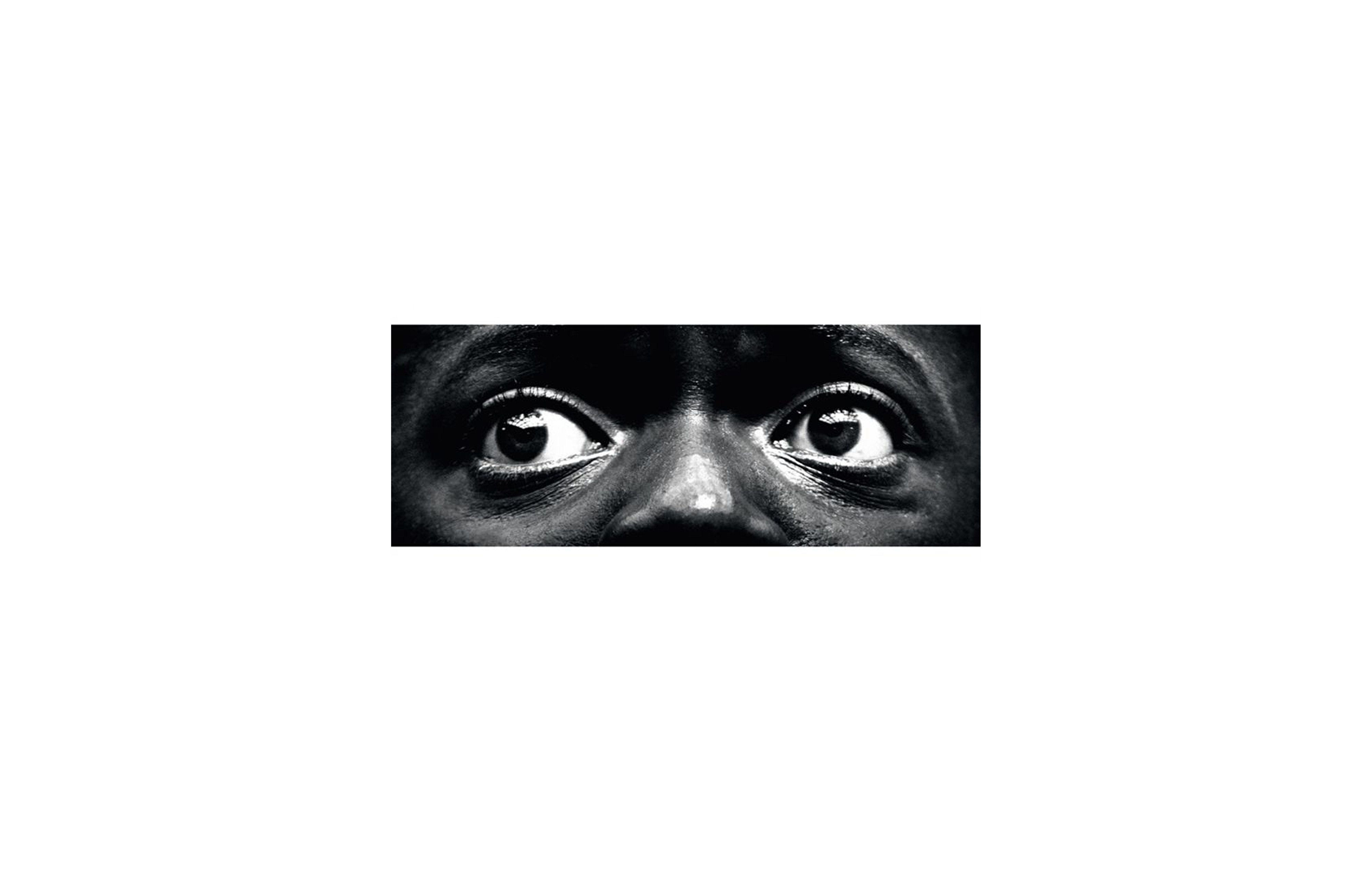The new golden age of horror movies
A new crop of high-concept horror movies shows that fear isn't all about jump scares


A free daily email with the biggest news stories of the day – and the best features from TheWeek.com
You are now subscribed
Your newsletter sign-up was successful
Great horror masters are not known for dying well. Edgar Allan Poe died at 40 from unclear causes in the streets of Baltimore, and in clothes that were not his. An obituary in the New York Tribune read that "few would be grieved by it … he had readers in England, and in … Europe, but he had no friends." H.P. Lovecraft died at 46 in obscurity and poverty from untreated intestinal cancer — he feared doctors as much as he did the unknown. No one actually knows what happened to Ambrose Bierce when he went to Mexico and never returned.
These stand in stark contrast to the widely mourned passing of their cinematic peer George A. Romero last month. Instead of weirdly dismissive obituaries, Romero was justly celebrated for films that brought classic horror lore out of the mausoleums and right into our neighborhoods. And the standout tribute was the simplest.
"Romero started it," Jordan Peele tweeted over a still of Duane Jones in Night of the Living Dead, the black hero of an otherwise overwhelmingly white 1968 film. Romero was not the only horror auteur of his generation, but the nod from one of this generation's breakout talents shows how the previous one's innovations in expanding the notion of what horror can show us have been taken to heart in the last decade, and in the last couple of years especially.
The Week
Escape your echo chamber. Get the facts behind the news, plus analysis from multiple perspectives.

Sign up for The Week's Free Newsletters
From our morning news briefing to a weekly Good News Newsletter, get the best of The Week delivered directly to your inbox.
From our morning news briefing to a weekly Good News Newsletter, get the best of The Week delivered directly to your inbox.
Indeed, we are in a golden age of horror films.
Film viewers can't seem to go even a few months without hearing about a horror film that wears its genre designation proudly while eschewing its long depended-upon bodily extremes and shoddy production in favor of atmosphere, nuance, and ambition. The new wave of horror echoes the Miramax-born independent flux 20 years earlier. As with Pulp Fiction and Clerks before them, films like The Witch, The Babadook, and It Follows are shoo-ins to become part of the critical canon. Before film critic Armond White sharpened his blade, Get Out boasted a 100 percent Rotten Tomatoes score.
The new wave of high-concept horror doesn't always sit well with a contingent of horror's fanbase, which prides the genre's narrower formula of quick, almost pornographic frights. They invoke "not scary" like a hex, or at least a word of warning, at any film that replaces an ax swing with a Pinter pause. For all the critical hype, The Witch and It Comes at Night gained low C- and D-grades respectively from the confusing CinemaScore. "[A]s in any insular community of fandom," critic Jason Coffman writes, "the horror gatekeeper defines their identity by their perceived ability to put other people in their place. … [T]his also happens to unfortunately dovetail with viewers who find intelligent films 'pretentious' and films to which the viewer actually has to pay attention 'boring.'"
Fandom always functions with a bunker mentality. The few who observe the safety precautions live within the fortification and take their rations with care. The reckless fend for themselves in cannibalistic abandon. Makers of prestige horror see it another way, preferring to pry open the escape hatches and let pure and diseased alike convene before their visions. "What's important to me about horror stories," The Witch director Robert Eggers told The Observer, "is to look at what's actually horrifying about humanity, instead of shining a flashlight on it and running away giggling."
A free daily email with the biggest news stories of the day – and the best features from TheWeek.com
Films like The Witch, It Follows, Green Room, Get Out, The Babadook, and The Blackcoat's Daughter were all released within the last three years, all tell vastly different stories, and were made at different levels of experience. (All but two listed are directorial debuts.) They are united in the ambitious notion that pushing past aesthetic expectations and audience limitations are not mutually exclusive. The Witch grossed $8.8 million its opening weekend, more than double its $4 million budget. Get Out fared far better, grossing over $33 million.
For the new horror directors, fear is not a matter of taste — or lack thereof — but a shared condition with numerous sources, whether it's skinheads, white liberals, single parenthood, or Satan (or stubborn piety, I'm not really sure). Even if it confuses fans now, it proves horror's perverse but enduring appeal: Fear is pervasive and we are not alone.
Chris Morgan is a writer living in New Jersey. His essays and reviews have appeared in Lapham's Quarterly, The American Conservative, The Los Angeles Review of Books, Open Letters Monthly, Vice, and The Awl, among others. He was previously the publisher of the cultural zine Biopsy. He writes on a blog called Black Ribbon Award.
-
 Political cartoons for February 16
Political cartoons for February 16Cartoons Monday’s political cartoons include President's Day, a valentine from the Epstein files, and more
-
 Regent Hong Kong: a tranquil haven with a prime waterfront spot
Regent Hong Kong: a tranquil haven with a prime waterfront spotThe Week Recommends The trendy hotel recently underwent an extensive two-year revamp
-
 The problem with diagnosing profound autism
The problem with diagnosing profound autismThe Explainer Experts are reconsidering the idea of autism as a spectrum, which could impact diagnoses and policy making for the condition
-
 Walter Isaacson's 'Elon Musk' can 'scarcely contain its subject'
Walter Isaacson's 'Elon Musk' can 'scarcely contain its subject'The latest biography on the elusive tech mogul is causing a stir among critics
-
 Welcome to the new TheWeek.com!
Welcome to the new TheWeek.com!The Explainer Please allow us to reintroduce ourselves
-
 The Oscars finale was a heartless disaster
The Oscars finale was a heartless disasterThe Explainer A calculated attempt at emotional manipulation goes very wrong
-
 Most awkward awards show ever?
Most awkward awards show ever?The Explainer The best, worst, and most shocking moments from a chaotic Golden Globes
-
 The possible silver lining to the Warner Bros. deal
The possible silver lining to the Warner Bros. dealThe Explainer Could what's terrible for theaters be good for creators?
-
 Jeffrey Wright is the new 'narrator voice'
Jeffrey Wright is the new 'narrator voice'The Explainer Move over, Sam Elliott and Morgan Freeman
-
 This week's literary events are the biggest award shows of 2020
This week's literary events are the biggest award shows of 2020feature So long, Oscar. Hello, Booker.
-
 What She Dies Tomorrow can teach us about our unshakable obsession with mortality
What She Dies Tomorrow can teach us about our unshakable obsession with mortalityThe Explainer This film isn't about the pandemic. But it can help viewers confront their fears about death.
